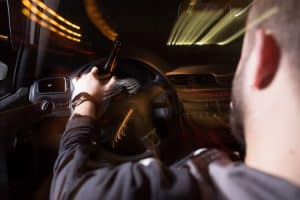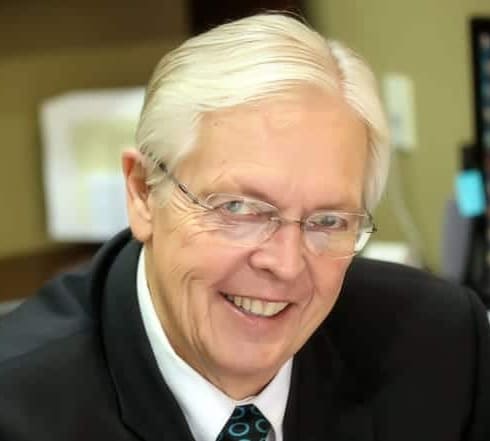What Happens if I Am Hurt by a Drunk Driver?
 Drunk driving cases are complicated in several respects starting with the concern that there will likely be a criminal case and a civil case. Normally, the drunk driver will be charged with the crime of driving under the influence. When there’s a drunk driving accident, the police typically need to focus on proving the driver was intoxicated by giving him/her field sobriety tests and drunk driving tests. The police also need to investigate how the accident happened to help preserve the civil case.
Drunk driving cases are complicated in several respects starting with the concern that there will likely be a criminal case and a civil case. Normally, the drunk driver will be charged with the crime of driving under the influence. When there’s a drunk driving accident, the police typically need to focus on proving the driver was intoxicated by giving him/her field sobriety tests and drunk driving tests. The police also need to investigate how the accident happened to help preserve the civil case.
We handle a lot of cases on behalf of drunk driving victims, because drunk driving is a leading cause of car accidents in North Dakota. Driving while intoxicated is also a leading cause of fatalities in North Dakota. If you are injured by a drunk driver, you can file a claim in the civil justice system to recoup damages for your losses. This means you can sue for your medical costs, your lost wages, and your pain and suffering.
The first thing that happens after you hire us is that we review all your medical records, the police records, and any witness testimony that may have been obtained by the police at the scene. By doing this, we can see how the crash happened, and what the extent of your injuries are so far. We say “so far” because injuries can get worse over time, especially if there is a delay in treatment for any reason. That is why we don’t file a claim right away; we need to make sure that you sue for the right amount of money.
If we need more information, we will request it. This is called the discovery phase. Discovery is all about getting evidence together. The other side – the defendant – must produce this discovery within the set timelines, or risk being held in contempt of court.
Next, we look into who could be liable for your injuries. Certainly, the drunk driver can be held liable, but there may be other parties involved. For example, in North Dakota, state law provides (5-01-06.1. Claim for relief for fault resulting from intoxication) that victims and families may file a claim against “against any person who knowingly disposes, sells, barters, or gives away alcoholic beverages to an individual under twenty-one years of age or to an incompetent or an obviously intoxicated individual.” This law applies to taverns, hotels, and even to social hosts. Therefore, another party could share liability with the drunk driver.
In some cases, however, the drunk driver only has the minimum amount of liability insurance, or they don’t have any insurance at all. In others, the driver may pull a hit-and-run, leaving you without recourse. In both scenarios, you can use uninsured/underinsured (UM/UIM) insurance to cover some of your losses. Whose UM/UIM insurance you use depends on the circumstances of your case.
Finally, we begin negotiations for a settlement for your injury claim. We use all the documentation and evidence we collected through discovery to build your case for damages. Often, the insurance company of the drunk driver settles the case. If not, then we will try your case in front of a jury. Because most people are not very sympathetic to drunk drivers, and juries are made up of people, trials are rare for these types of claims. However, our attorneys are prepared to go to trial if that is what is best for you.
In the meantime, you must continue your medical treatments, so that we have the most up-to-date information in your file. If you fail to follow through with your medical treatments, the insurance companies may attempt to prove you are not really hurt. It is also in your best interest not to post about your case on social media, even under “private” settings, because those posts could be used against you in the discovery phase.
At Larson Law, our car accident lawyers work to prove a drunk driver caused your injuries, and to hold all other accountable parties responsible. If a loved one tragically died due to a drunk driver or you were injured due to a drunk driver, please call our attorneys in Minot and Bismarck at 701-484-HURT or fill our contact form to schedule an appointment.

Mark Larson is a Certified Civil Trial Specialist and Certified Civil Pre-Trial Specialist focusing on personal injury, car accidents, wrongful death, and oil field claims. Since 1979, Larson Law has served the injured throughout North Dakota. Read more about Mark V. Larson.
